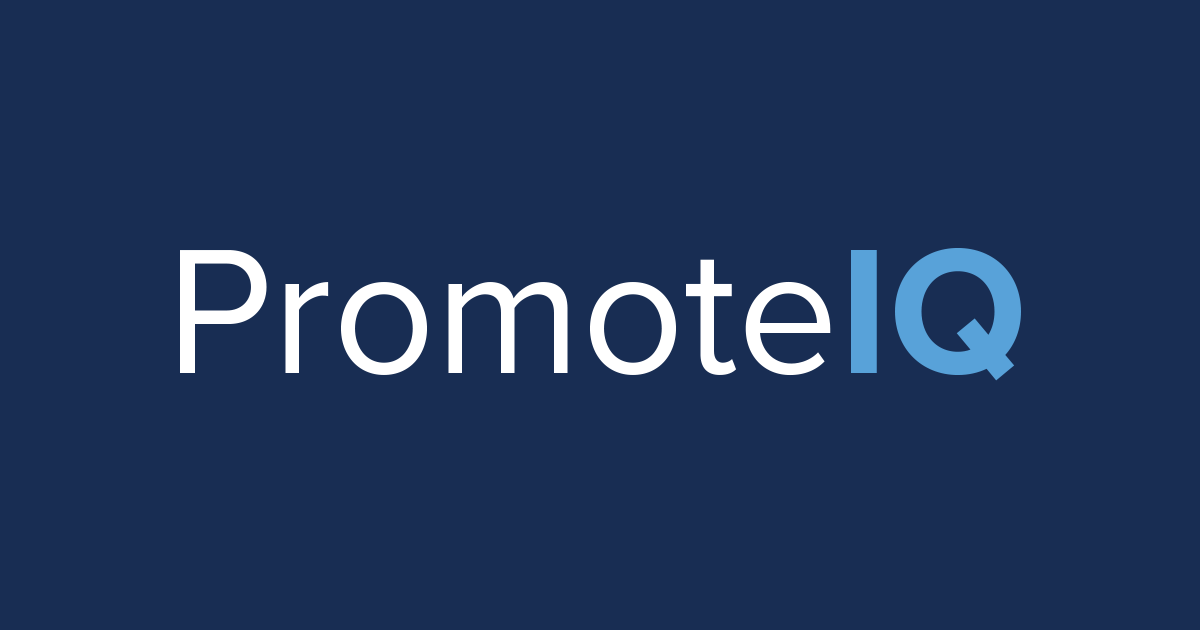Digital commerce: Microsoft Advertising’s PromoteIQ integration is now in beta

Retail has become a significant focus of Microsoft’s efforts to support companies’ digital transformation. It bolstered the promotion and advertising segment of its tech stack for retail with the acquisition of vendor marketing platform PromoteIQ in August. Now, the awaited integration with Microsoft Advertising is in beta, Microsoft announced Thursday. The company is also starting to make its new on-site search product Microsoft Bing for Commerce available to retailers.
Microsoft PromoteIQ. The commerce marketing platform, now dubbed Microsoft PromoteIQ, enables retailers to build out and control their own digital vendor marketing programs for brands selling on their sires.
Retailers can configure a broad range of native ad placements and products on their sites through the Microsoft PromoteIQ dashboard. The platform allows retailers to customize programs, targeting and inventory for individual brand partners. The brands running programs with a retailer can log into a white-labeled interface to see shopper behavior on the retailer’s website and use their campaigns to influence behaviors and support the goals for their products with that retailer.
The Home Depot reported customer engagement increased by 35% and promoted products grew by double-digits year-over-year since it launched with PromoteIQ in early 2019. Office Depot, Kohl’s and Kroger are among the other retail chains using the platform.
Microsoft Advertising integration. The Microsoft Advertising integration is the first of more to come with the Microsoft stack, PromoteIQ’s former CEO and now business lead Alex Sherman said in a phone interview Thursday. It opens up a new source of advertising demand for retailers. The integration is currently in beta.
Participating retailers can opt to open a portion of their ad inventory to select brands via the Microsoft Advertising platform. Permissioned brands can then set up distinct Shopping campaigns to run on the retailer’s site through their Microsoft Advertising accounts. Sherman said this is just the start and more features and functionality will be coming with the integration.
Retailers remain in control of their vendor programs — they choose the brands that can participate and can control the level of inventory and placements available to them. “Retailers don’t want to be faceless supply that someone else is using to build an ad business,” Sherman said. “When there are gaps where the retailer doesn’t have direct connections with a brand, they can plug into Microsoft Advertising to make those a bit more turnkey.”
Why we care. “In last few years, vendor marketing has switched to a must-have,” said Sherman. And many retailers like Walmart, for example, have been moving this business in-house. Microsoft can now offer retailers a customizable, enterprise-level solution that they can manage without having to build out and support proprietary tech — and will natively integrate with other Microsoft solutions.
This also fits with Microsoft’s differentiated positioning from Google and Amazon as retailers’ partner rather than competitor.
Microsoft Bing for Commerce. When on-site search on retailer websites doesn’t give consumers what they’re looking for, it can drive up abandonment rates and hurt conversions. Microsoft Bing for Commerce uses Bing intelligence and Microsoft AI informed by “insights from millions of shoppers” to power customized product recommendations on retailer sites.
It is available in public preview for large retailers as a stand-alone offering and will be available soon as part of Dynamics 365 Commerce.
Don’t miss the two-day Digital Commerce Marketing track at SMX West in San Jose, CA, Feb. 19 and 20.
The post Digital commerce: Microsoft Advertising’s PromoteIQ integration is now in beta appeared first on Search Engine Land.